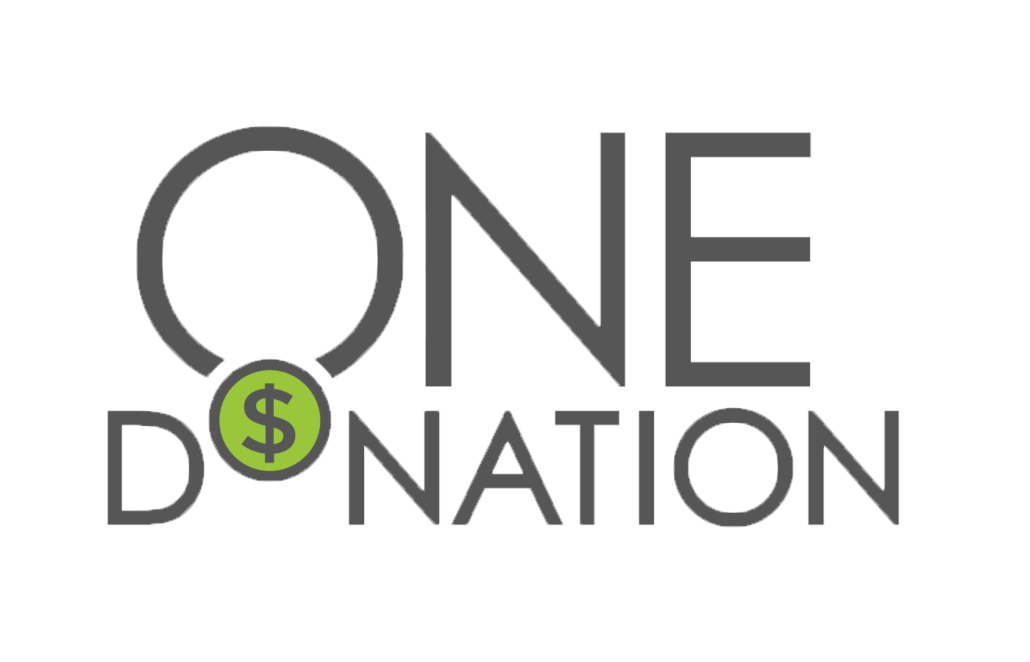‘I’ Before 'We'
Hold up your right hand and form a question mark with your index finger and thumb. Where are your fingers pointed? Excellent, start the discussion there.

With increasingly urgent matters of inequality and uncertainty-at-large, it is tough to know where to even start. Leaders throughout the corporate sector are responding to recent events, and their responses are as colorful, varied and complex as the issues they seek to address. In a time where everyone has something to say and a worldwide platform to do so, it is less important as to who is speaking or what is being said. What truly defines an effective communicator (and in turn, a good leader) is how they articulate the heart behind their words.
Again, as we take a closer look, observe not only what is being said, but how:
Sasan Goodarzi (Intuit CEO)
“This week’s events, and the unfathomable pattern they are a part of, have made me realize that we are often silent, starting with me, on the racial injustice and discrimination that our colleagues and friends face every day. Not talking openly about racism allows it to grow in the shadows and helps seed the horrific events we have witnessed.”
Goodarzi says in short: “[I have been silent. The problem starts with me.]”
Satya Nadella (Microsoft CEO)
“Our (Microsoft’s) very existence is rooted in empowering everyone on the planet. So, therefore, it’s incumbent upon us to use our platforms, our resources, to drive that systemic change, right? That’s the real challenge here. It’s not just any one incident, but it’s all the things that have led to the incident that absolutely need to change.
To paraphrase: “[This company is among those looked upon to drive the change we all wish to see. I am the leader of this organization and I have missed countless opportunities to enact that change.]”
Ken Frazier (Merck CEO)
“The fundamental question is do we do more than we are required to do to actually give people full access to participating in our society. Business has the means to eliminate some of the barriers to full participation. We have the ability to eliminate some of the inequities in our society.”
“[As leaders, where can WE do more?]” One might inquire as to how Frazier, an African-American CEO, developed this acute awareness for opportunities. He continues:
“I know for sure that what put my life on a different trajectory was that someone intervened to give me an opportunity to close that opportunity gap, and that opportunity gap is still there.”
Notice how each high-profile leaders owns up to their responsibility to create and enact opportunities for equality.
Here we can see that good leaders do not demand change. Good leaders enact change, and that starts by observing where one has failed to act and simply stepping into the gaps remaining open. There are huge opportunity gaps that are still existing in the country, and we need to do the hard work of exploring where they are in our immediate and personal lives. This is where empathy is created.
We all have various opportunities presented to us, opportunities that impact our own lives but also have the power to affect those around us, as we learn from Frazier. It is our responsibility to keep an eye out for these opportunities and boldly step into them. That’s how we create a world in which we all want to live.
A FINAL WORD
By first directing the tough questions inwardly, we prepare ourselves to communicate more effectively to the people around us. In doing so, we each become leaders in our own circles. Leaders who lead with self-awareness and transparency will most certainly be among those who affect the most change and create a new culture for people of all races and upbringing to participate in and benefit from.
